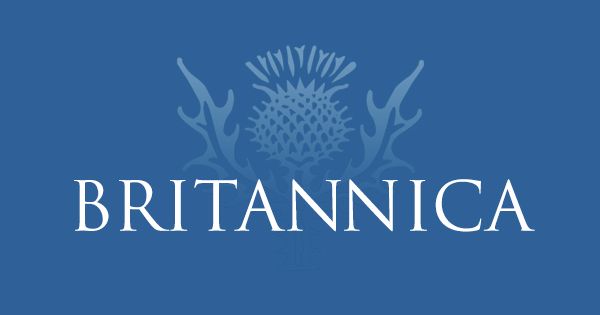The article explores the critical distinctions and impacts of misinformation and disinformation in today’s hyper-connected world. Misinformation is defined as false information spread unintentionally, while disinformation is deliberately misleading. The proliferation of both poses significant challenges to trust in information, democracy, and public health, particularly highlighted during the COVID-19 pandemic.
The rapid spread of misinformation, often through social media, erodes trust and can lead to significant societal consequences, such as vaccine hesitancy and election skepticism. Disinformation frequently exploits emotional biases and cognitive shortcuts, with malicious intent behind its dissemination.
Furthermore, the article emphasizes the risks associated with free speech, particularly the “liar’s dividend,” where individuals may discredit factual information by labeling it as mis- or disinformation. The rise of artificial intelligence exacerbates these issues, enabling sophisticated misinformation campaigns.
Efforts to combat misinformation include promoting media literacy, verifying information sources, and encouraging responsible sharing practices. Overall, the complexity of today’s information landscape necessitates a critical approach to consuming and sharing information to foster trust and mitigate harm.



